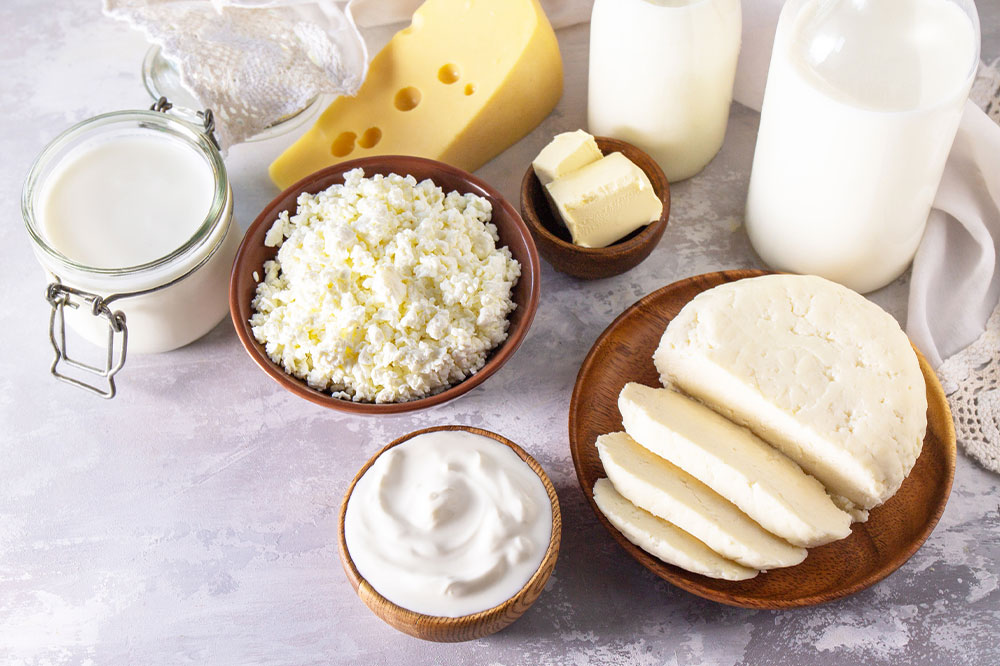Lung Health – 6 Foods to Avoid

Our body converts food into energy through metabolism, when the food and oxygen get broken down as energy and carbon dioxide, respectively. We exhale the carbon dioxide while breathing out. Those with a lung disease might have to work much harder to exhale the carbon dioxide. A meal plan that is poor in antioxidants and fiber or rich in nitrates, fat, and sugar is bound to affect the lungs and trigger symptoms like breathing difficulties.
Foods to omit for healthy lungs
Lung diseases can cause breathing difficulty, prevent the lungs from working properly or affect other respiratory organs like airways, blood vessels, and lung tissues. The lungs’ main function is transporting oxygen to all body parts and carrying carbon dioxide away from the lungs. Some of the common diseases that affect the lungs include viral, bacterial, and fungal infections, asthma, mesothelioma, lung cancer, Chronic Obstructive Pulmonary Disease (COPD), emphysema, and chronic bronchitis. Inflammation in the lungs and airways can also lead to many lung-related diseases. One should omit all foods that can trigger any infection or worsen existing lung disease. This is crucial for anyone with a history of lung infection, who has been exposed to harmful chemicals, lives in polluted environments, or works in hazardous professions.
One should also avoid foods that can cause inflammation, gas, and bloating, as these can put additional pressure on the lungs.
Here are a few foods that one should avoid to prevent any damage to the lungs:
- Carbonated beverages
If one drinks soda frequently and is at high risk for lung-related diseases, it is time to stop it completely. Carbonated and aerated drinks affect the lungs in more than one way. They are filled with gas and cause the chest to tighten, making breathing difficult. Research says that carbonated beverages can promote inflammation, which can cause breathing problems and coughing almost instantly. They also increase visceral fat, which is detrimental to lung health. One must avoid sugar-free, zero-calorie, and artificially sweetened beverages from their meals. Instead, one must drink fresh fruit juice or water to quench their thirst. The best option is to eat the fruit as it is, as its fiber can help improve one’s metabolism and gut health. One should also limit the consumption of canned juices, as they are high in artificial sweeteners and loaded with synthetic preservatives. - Processed meat and cold cuts
Processed meat and cold cuts have been associated with an increased risk of multiple lung-related diseases like COPD, lung cancer, and asthma. Nitrites are extensively used as preservatives to retain the meat’s pink color and increase its shelf life. Nitrites cause inflammation, work as an asthma trigger, and can cause a flare-up of COPD symptoms. Nitrites can damage the tissues in the lungs, worsening existing symptoms and interfering with lung functions and health. Processed meats are high in calories, refined carbs, trans fats, and sugars. - Simple carbs like white bread and pasta
Different types of food use different amounts of oxygen and carbon dioxide during metabolism. Carbs use more oxygen and correspondingly produce more carbon dioxide. A person with lung disease may have to exhale a lot to release all the carbon dioxide, putting additional stress on the lungs. This stress on the lungs can lead to breathing problems, shortness of breath, and, in some cases, a severe cough. Patients must avoid simple carbs like white bread and pasta and opt for healthier alternatives like whole-grain bread or whole-wheat pasta. - Fried food
If one is frying food at home and has added spices to the oil, they can get burned and trigger coughing, inflammation, and increased mucus production. Burnt oil and spices almost instantly cause a severe cough in people with lung-related problems. Fried foods are addictive and comforting and can trigger binge-eating episodes in people. Store-bought fried food contains synthetic additives and preservatives that promote inflammation in the airways, causing breathing difficulties. Too much fried food can increase mucus production, worsening any symptoms related to lung diseases. Omit fries, hash browns, chips, fried chicken, popcorn chicken, or chimichangas, and go for healthier baked or stir-fried alternatives. - Sugar
Sugar can cause inflammation not only in the lungs but throughout the body and cause the glycation of proteins. The body produces cytokines to control inflammation. The sudden increase in the production of cytokines is called a cytokine storm in the lungs. In a person with high blood sugar, too many cytokines can cause acute respiratory distress syndrome, pulmonary edema, and other complications like multi-organ failure. People who are at risk for diabetes should control their intake of sugar to avoid any further complications or worsening of symptoms. Avoid sugar-rich desserts like cakes, candies, donuts, and ice cream to prevent lung diseases. - Cruciferous vegetables
Bloating is a common side effect of cruciferous vegetables. The pressure in the abdomen restricts the movement of the diaphragm, which assists in breathing. Bloating and gas can lead to shortness of breath. While taking short breaths, one may end up swallowing more air. Broccoli, though a superfood due to its high concentration of antioxidants, is known to cause bloating and gas. Patients with this condition should limit their consumption of cruciferous vegetables like broccoli, cauliflower, and cabbage to improve lung health.
To summarize, one must omit any food that promotes inflammation, has zero nutritional value, is rich in simple carbohydrates, and is high in sugar or artificial preservatives. Substitute these with fresh fruits, vegetables, whole grains, and lean meat. Increase the portion of omega-3 fatty-rich foods, which can fight inflammation as they are rich in antioxidants. Along with these food habits, lifestyle changes can help. Exercising for at least thirty minutes a day is a healthy practice that can help improve lung health. An increasing number of children are affected by respiratory diseases, particularly asthma. Omitting these foods from an early age can help them manage their condition better.
Maintaining a healthy eating plan contributes to lung health. However, those with limited lung function may be at a higher risk for developing MAC lung disease, which is caused by a group of bacteria called Mycobacterium avium complex. These bacteria reside in soil and water. MAC lung disease could cause symptoms like chronic cough with or without mucus, hemoptysis (coughing up blood), fatigue, low-grade fever, night sweats, shortness of breath, chest pain, and anxiety.











